Ningxia Hui Autonomous Region, or simply Ningxia, lies in northwestern China along the upper reaches of the Yellow River. It’s one of five autonomous regions in the country and often flies under the radar—yet it holds incredible value for travelers who seek cultural depth, desert landscapes, and ethnic diversity.
The capital city, Yinchuan, sits in the fertile Hetao Plain, surrounded by mountains and rivers, offering a rare oasis in the arid northwest. The region combines ancient Silk Road heritage, rich Hui Muslim culture, and ecological beauty. Here, you’ll find a surprising blend of history and modernity, desert adventures and lush vineyards.
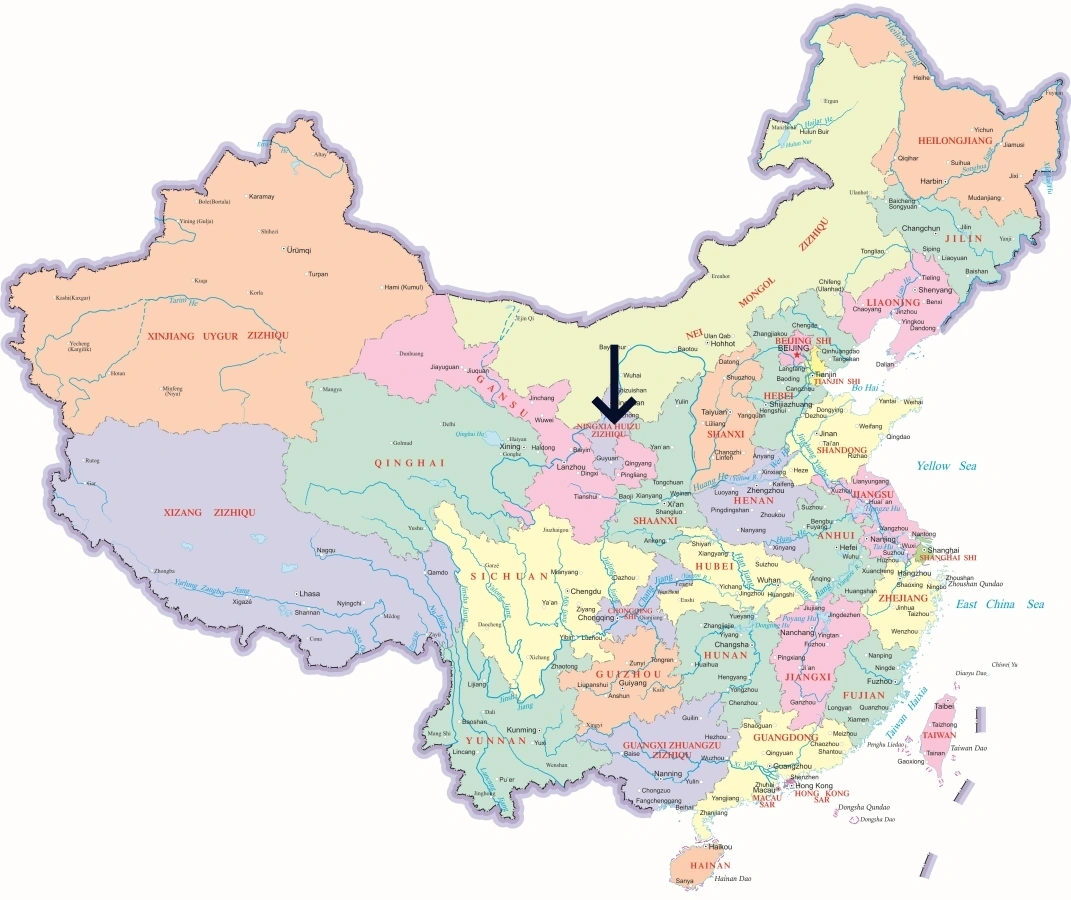
Ningxia comprises five main administrative divisions: four prefecture-level cities and one county-level city. Each city has its own distinct identity, shaped by history, geography, and culture.
Whether you’re chasing Silk Road history, exploring desert landscapes, or diving into Hui Muslim traditions, Ningxia offers something unforgettable.
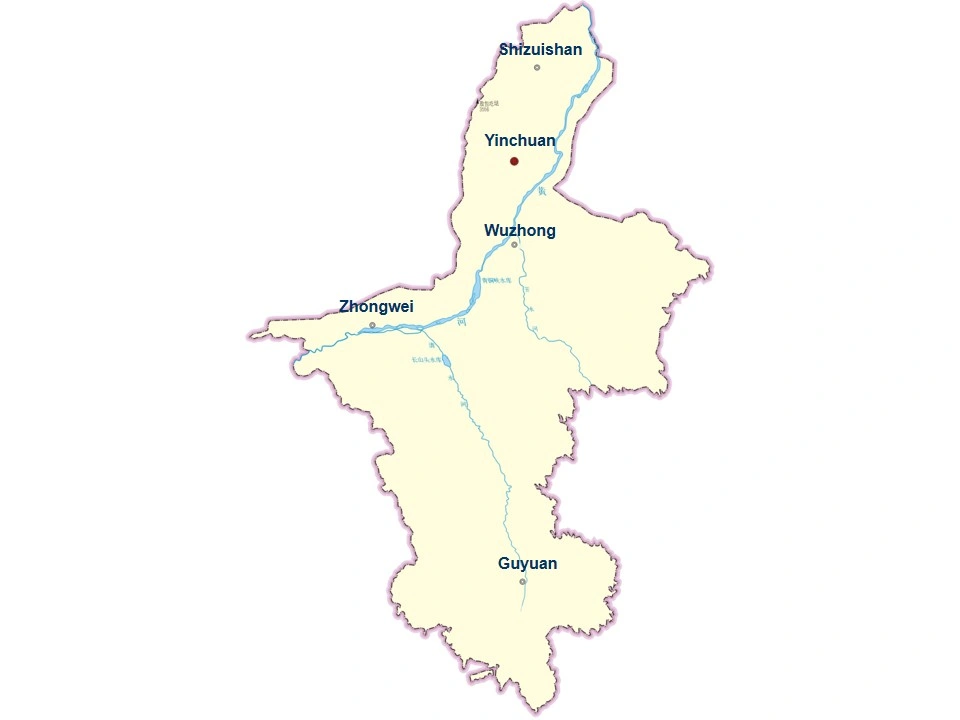
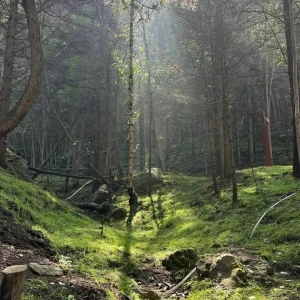
As the regional capital, Yinchuan is known as the “Pearl Beyond the Great Wall.” It's surrounded by mountains and lakes and features attractions like the Western Xia Imperial Tombs, Sand Lake, and China Hui Culture Park.
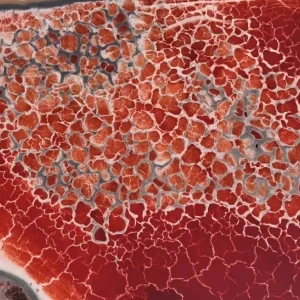
Home to the famous Shapotou Scenic Area, Zhongwei sits where the Yellow River meets the Tengger Desert. It’s ideal for sand surfing, camel rides, and desert zip-lining.
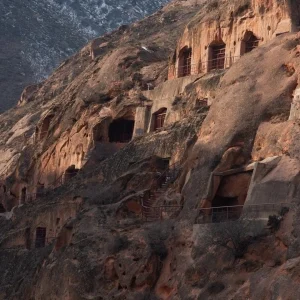
Located in the southern highlands, Guyuan is rich in Silk Road history. Must-sees include Xumi Mountain Grottoes, Liupan Mountain, and the ancient Dragon Pool in Jingyuan.
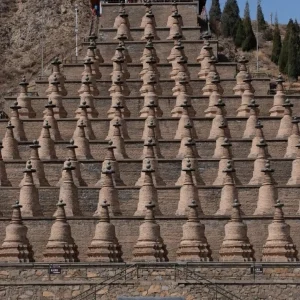
This city blends agriculture and Muslim culture. It’s also the heart of Ningxia’s wine region. Don’t miss landmarks like the Yellow River Tower and the Yellow River Altar.
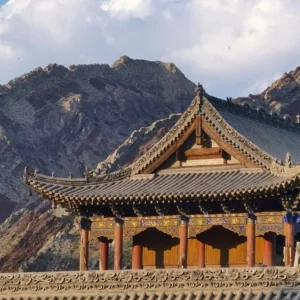
Once an industrial hub, Shizuishan is transforming into a green city. You’ll find wetlands, lakes, and recreational parks such as Sand Lake and Xinghai Lake.
Ningxia’s charm lies in its variety—from windswept deserts and river valleys to spiritual sites and ancient tombs. It’s an underrated stop on any Silk Road itinerary.
The following places showcase the best of what Ningxia has to offer:
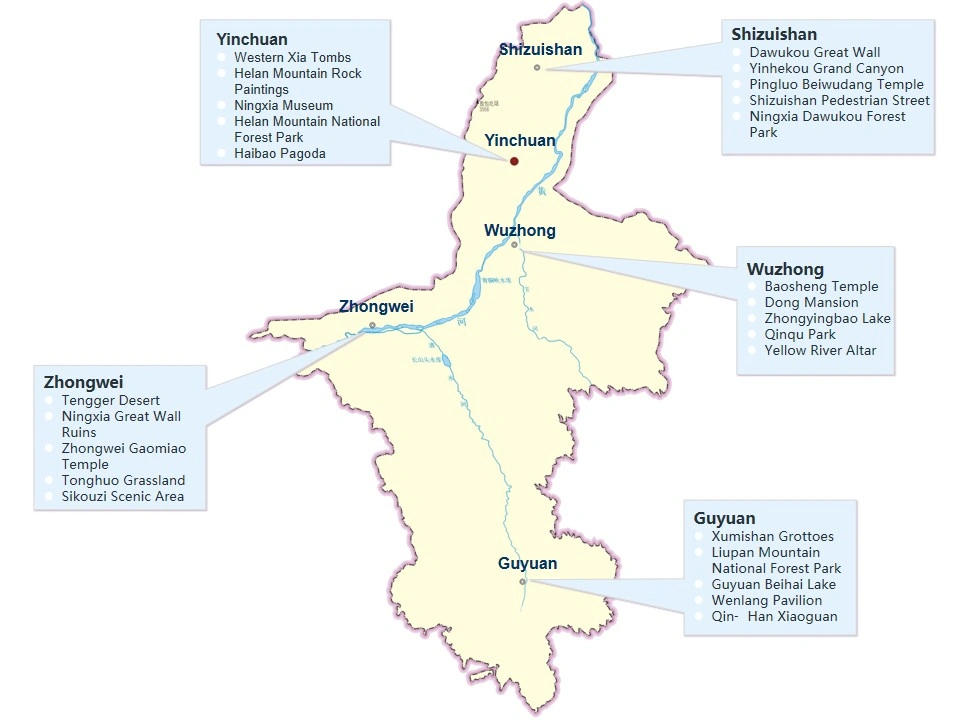
-300x300.webp)
Often called the “Pyramids of the East,” these tombs are the final resting places of emperors from the mysterious Western Xia dynasty.
-300x300.webp)
A spectacular fusion of desert, river, and mountain. You can sandboard down golden dunes or zip-line over the Yellow River.
-300x300.webp)
Dating back to the Northern Wei dynasty, these Buddhist grottoes feature intricate carvings and ancient murals.
-300x300.webp)
Learn about Hui Muslim customs, architecture, and cuisine. This immersive park is ideal for families and culture enthusiasts.
-300x300.webp)
Once part of the Red Army’s Long March route, this forested mountain is perfect for hiking and history lovers alike.
-300x300.webp)
A grand tower offering panoramic views of the Yellow River. It’s a great stop for photos and local history.
Ningxia cuisine blends Han Chinese and Hui Muslim influences. The region is known for its beef and lamb dishes, heavily spiced and rich in flavor.
From smoky grilled meats to hearty stews, the food here reflects both nomadic traditions and Silk Road variety.
-300x300.webp)
A traditional Hui dish made from local Tan sheep. The meat is tender, juicy, and often served with salt and garlic dip.
-300x300.webp)
A crispy fried dough often paired with milk tea or lamb soup. It’s a daily staple for many locals.
-300x300.webp)
A warming blend of liver, tripe, and intestines in a rich broth. It’s not for everyone—but locals love it.
-300x300.webp)
Simple yet bold, this dish balances vinegar and chili oil, often topped with ground lamb or vegetables.
-300x300.webp)
A sweet, nourishing tea brewed with goji berries, red dates, rock sugar, and other healthy herbs.
-300x300.webp)
Ningxia’s wine region is gaining global recognition. Its dry reds and fruity whites are perfect for pairing with grilled meats.
Ningxia covers approximately 66,400 square kilometers and has a population of around 7.23 million (2023 estimate). Here’s a quick breakdown of each major city:
Ningxia has a dry continental climate with distinct seasons. Winters are long and cold, while summers are hot and dry. Sunshine is abundant year-round, but rainfall is scarce.
Here’s what to expect each month:
Best travel season: May to October, especially June to September for desert tours and grape harvests.
Here are the postal and phone area codes for major cities in Ningxia:

 English (Hong Kong)
English (Hong Kong)